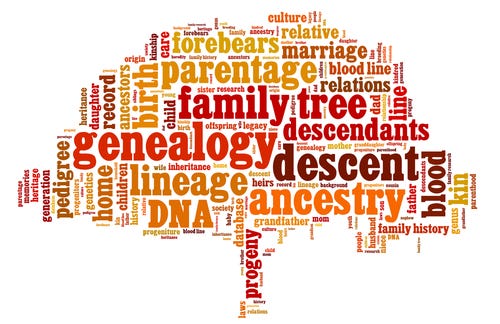Family, Kinship and Power Systems
Make sure first to listen to Episode 25 "Family and Kinship in Ancient Egypt"
As recounted in Episode #25 “Family and Kinship in Ancient Egypt,” part of our inspiration for the topic was a conversation we had about the contemporary surge of interest in genealogy and ancestry DNA testing, particularly in the U.S. Jordan and Kara touched on the idea that one possible reason for such interest is that America is a nation of immigrants, and as such Americans may be more curious to investigate and discover more about their family origins.
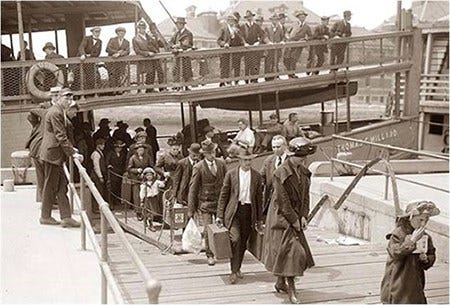
As someone who has used my historical research skills to engage in some serious genealogy and had many discussions with both professional and amateur genealogists, I think this is an excellent point. Listening to the podcast discussion, the subtext was a theme that underlies so much of Kara’s work: Ultimately it all boils down to power. In this case, the power of knowledge of roots in a deeper past and the culturally constructed legitimacy that offers, the power of establishing kinship connections (and therefore a kind of ownership) to other people, cultures, and places, and the power of passing the knowledge of those kinship connections on to the next generation, thus extending influence and power into the future.
Within modern genealogy we can see this power sought to different degrees, manifesting in a variety of ways, from familial naming traditions to travel to ancestral countries of origin. A particularly good example of this within modern American culture is genealogical societies whose membership is limited to those who can document direct descent from an ancestor who participated in a specific war or other historical event related to the American national identity like the Sons of the American Revolution, the Daughters of the American Revolution, and the Mayflower Society.
Membership in these societies is exclusive not only to those who can document an ancestral lineage, but those for whom that documentation has survived the centuries, those who can afford potentially costly research and fees to obtain that documentation, and of course those who are not members of racial and/or ethnic groups who were excluded or expunged from the historical record. Such hyper-exclusivity of some genealogical societies is a modern example of the social capital and power ancestral kinship connections can create. The PBS show “Finding your Roots” is a great case in point- many of the Black participants are not able to trace their family lineages back to due the horrors of the slave trade.
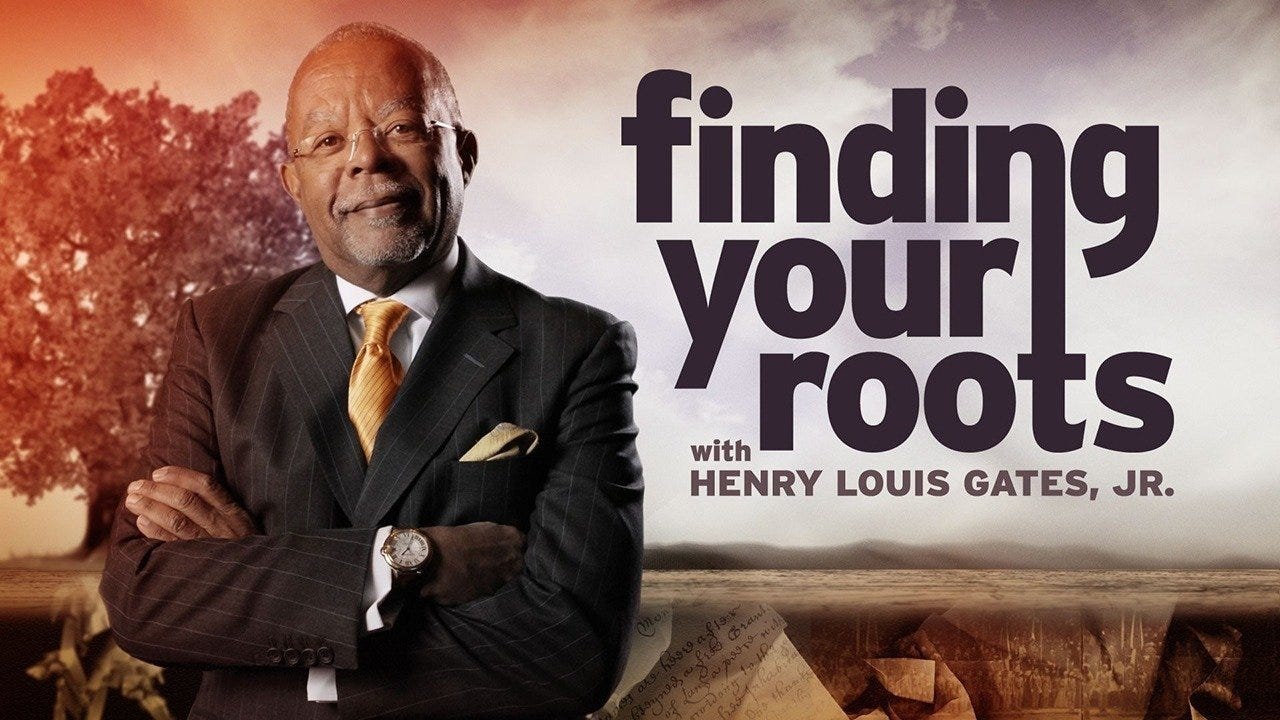
Using family and kinship to establish influence, legitimacy, and power is not a modern phenomenon, but is as ancient as civilization and human systems of power. In the ancient world, many of these lineages were less grounded in reality and more socially, culturally, or religiously constructed. An Egyptological example that immediately comes to mind is ancient Egyptian kingship, which was an office whose legitimacy was in part established because the king held the position of the god Horus, son of Osiris, the divine mythological first king of Egypt. In the New Kingdom kings retroactively proclaimed their conception as an act of the god Amun, establishing their divine ancestry and connection to the divine office of kingship. Claiming and establishing a divine lineage to legitimize power was common throughout the ancient Mediterranean world.
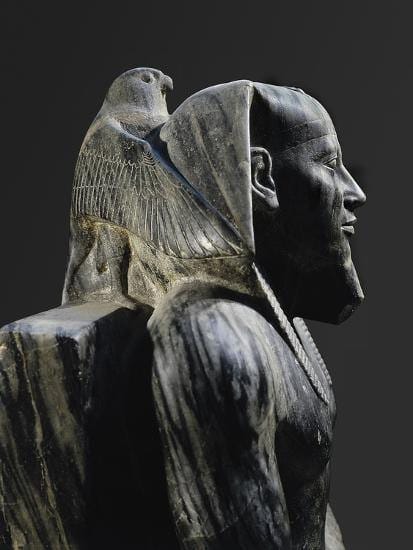
During his conquest of Egypt, Alexander the Great was careful to establish himself as the son of the god Amun at the Oracle of Siwa Oasis in the Libyan desert. In more general Hellenistic terms he claimed lineage as the son of Zeus-Amun, a syncretized god combining the divine authority of the most powerful gods in the Greek and Egyptian pantheons.
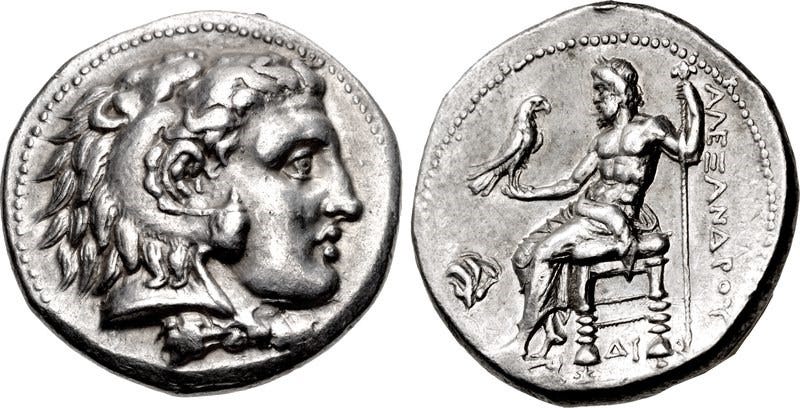
Later, as Kara and Jordan mentioned in their discussion, Roman politicians used legal means to establish familial and kinship bonds through marriages and adoptions. The most famous example of this practice is Julius Ceasar’s adoption of his great-nephew Octavius as his heir. Julius Ceasar’s family itself declared its ancestral origin as the progeny of Ascanius (also known as Iulus or Julus), son of the legendary Trojan Aeneas, who was himself said to be a son of the goddess Venus. After his death Julius Caesar was declared a divinity of the Roman state by the Senate. Octavius, who later took the name Augustus Caesar when he ruled as Emperor of Rome, seemed to be a more practical fellow than previous ancient rulers and instead of collecting boutique divine titles and kinships with individual gods went the Costco route for his ultimate divine title, simply declaring himself divi filius, “Son of the Divine.” Boom. Mic drop.

There are countless other examples of the role of family and kinship in power systems of the ancient Mediterranean and beyond. As an historian, I know that understanding the ways in which familial relationships underlie the ways in which power is negotiated in ancient and modern societies reveals our human desire to form and parse groups down to the most intimate levels in order to stratify our societies, oftentimes so that the few can claim power over the many. But I never truly appreciated the strength of the appeal of establishing familial relationships to claim power in identity until I became a parent and had the desire to have an ancestral origin story to pass on to my sons. I won’t be using my ancestors to legitimize social or political power, but seeking those connections out has certainly deepened my historical perspective on family and kinship as a tool within social and power systems both ancient and modern.
-Amber




